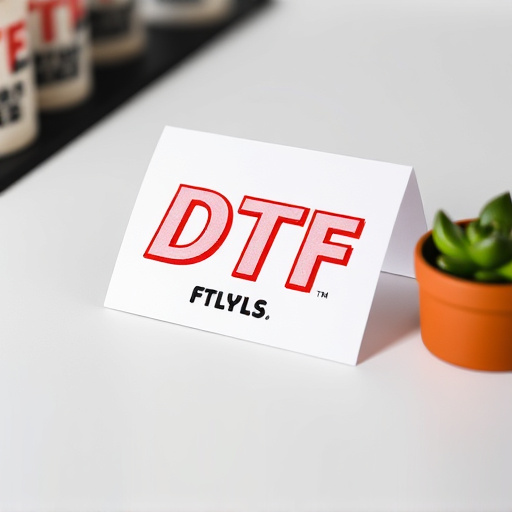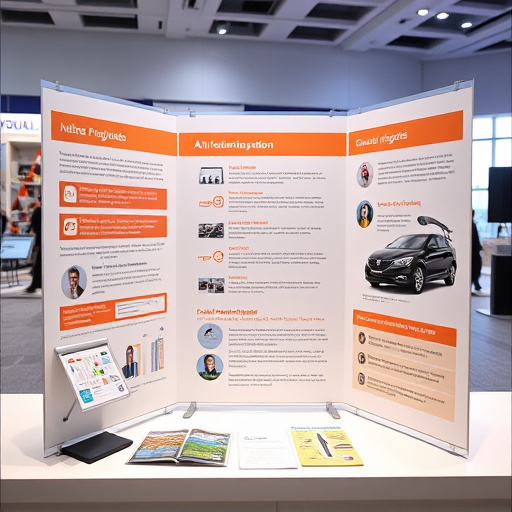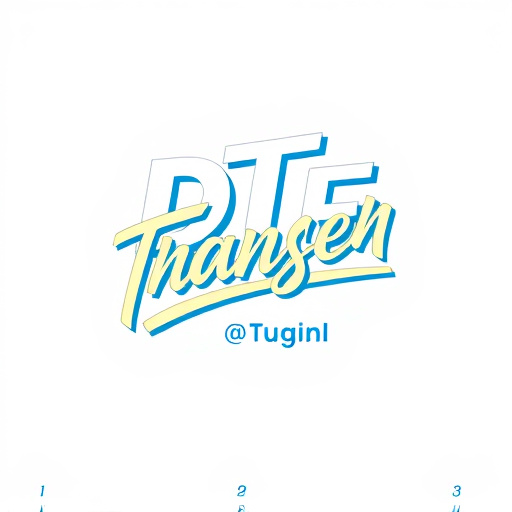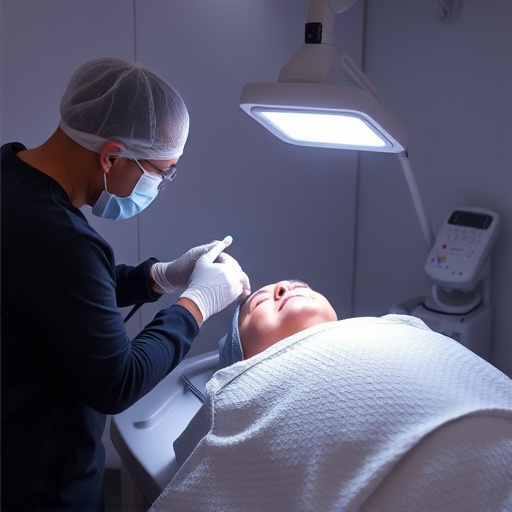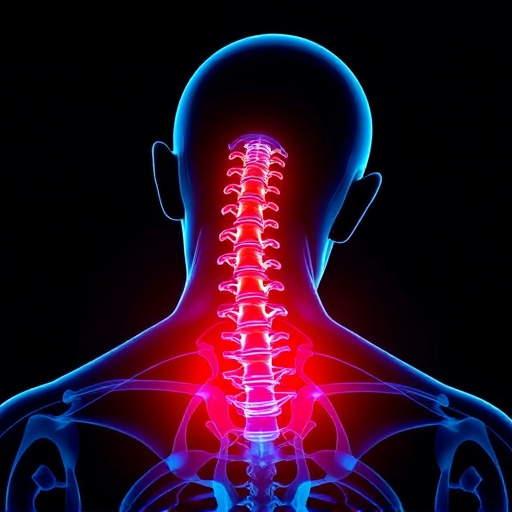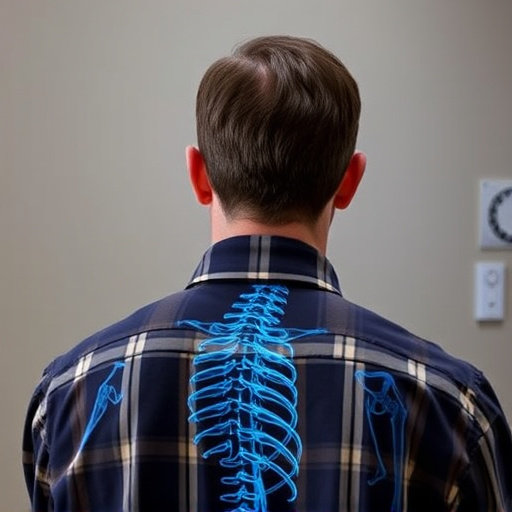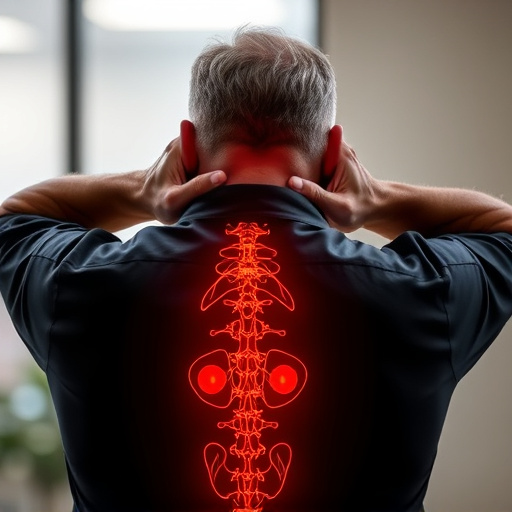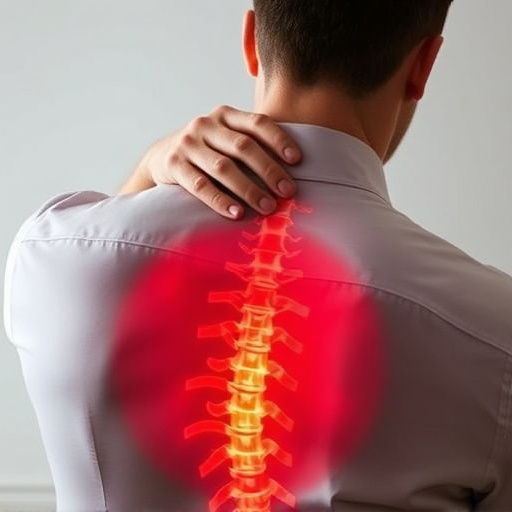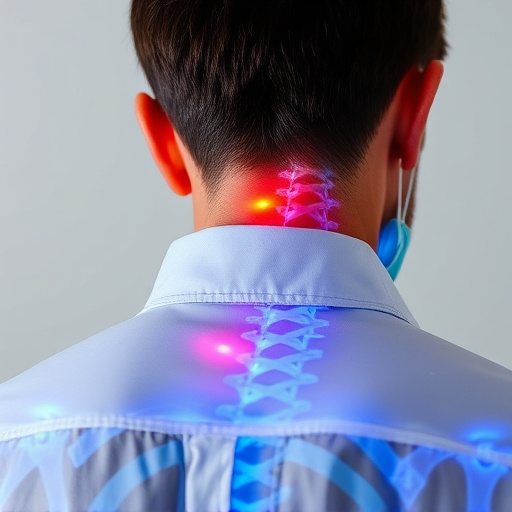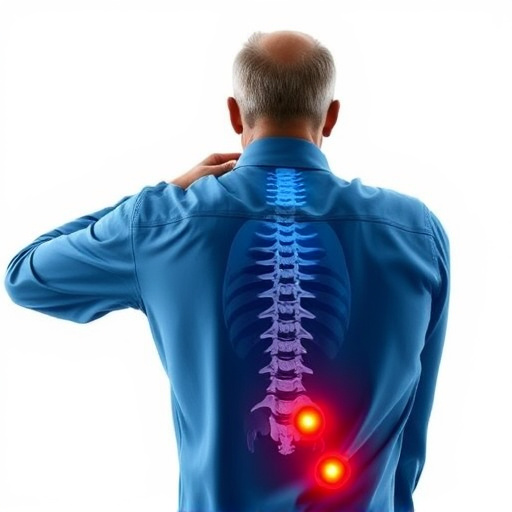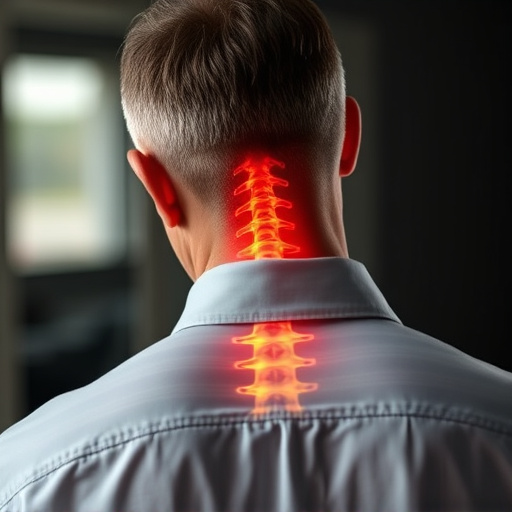Automotive collisions cause immediate physical injuries, property damage, and emotional distress. Many jurisdictions with Personal Injury Protection (PIP) insurance systems enforce a 14-day rule for prompt medical attention. This rule benefits physical health and documents legal claims. Effective recovery requires understanding PIP rights and responsibilities, ensuring timely care, proper claim management, and mitigating long-term effects. Selecting the right repair facility and adhering to the 14-day rule streamline the process, minimize complexities, and facilitate a smoother transition back to daily life.
After automotive collisions, specialized recovery processes are essential for a seamless return to normalcy. This article delves into the intricate aspects of post-crash procedures, focusing on the role of PIP (Personal Injury Protection) insurance and the critical 14-day rule. Understanding these elements ensures policyholders can efficiently navigate their recovery journey. We explore best practices for choosing repair facilities, maximizing benefits, and addressing potential challenges, providing a comprehensive guide to a successful post-collision experience.
- Understanding Automotive Collisions and Their Impact
- The Role of PIP Insurance in Specialized Recovery
- Unraveling the 14-Day Rule: What It Means for Policyholders
- Post-Collision Procedures: Ensuring Efficient Recovery Process
- Choosing the Right Repair Facility: Key Considerations
- Maximizing Benefits and Navigating Potential Challenges
Understanding Automotive Collisions and Their Impact

Automotive collisions can have a wide range of impacts, both immediate and long-term. These incidents often result in physical injuries, property damage, and significant emotional distress for involved parties. Understanding the complexities of such events is crucial for effective recovery strategies. Each collision is unique, with varying degrees of severity and specific circumstances that play a role in the aftermath.
In many jurisdictions, including those following the PIP (Personal Injury Protection) insurance system, there’s a 14-day rule that requires individuals to seek medical attention promptly after an accident. This is not only beneficial for physical health but also serves as crucial documentation for any potential legal claims related to injuries sustained during the collision. Navigating the recovery process involves understanding one’s rights and responsibilities under PIP insurance, ensuring timely care and proper management of claims to mitigate long-term effects and facilitate a smoother transition back to daily life after an automotive collision.
The Role of PIP Insurance in Specialized Recovery

In the aftermath of an automotive collision, specialized recovery services play a pivotal role in ensuring efficient and comprehensive damage repair. Among the key contributors to this process is PIP (Personal Injury Protection) insurance, designed to cover medical expenses and other related losses for policyholders involved in accidents. The 14-day rule associated with PIP insurance further underscores its importance by mandating that claims be initiated within a specified timeframe, enabling swift access to necessary recovery resources.
By facilitating the initial stages of recovery, including assessments, estimates, and repairs, PIP insurance acts as a bridge between accident occurrence and restoration. This not only expedites the process but also provides policyholders with peace of mind, knowing that their medical needs and vehicle repairs are being addressed promptly, in accordance with legal requirements.
Unraveling the 14-Day Rule: What It Means for Policyholders
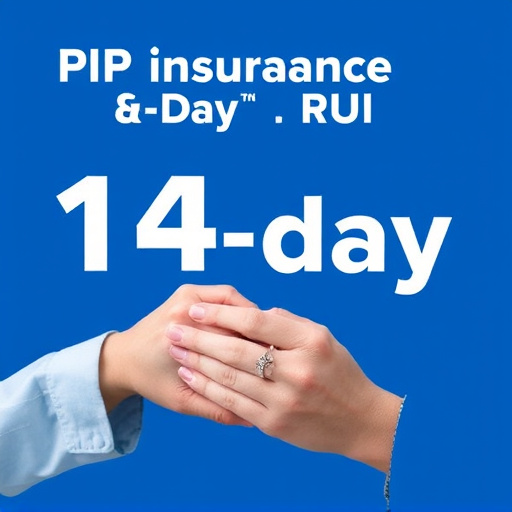
After an automotive collision, understanding your rights and the processes involved in recovery is crucial for policyholders. One significant aspect to unravel is the 14-day rule, often associated with PIP (Personal Injury Protection) insurance. This rule stipulates that individuals injured in car accidents must notify their insurance providers within a specified timeframe—typically 14 days—to be eligible for benefits.
For policyholders, this means prompt action is essential. Failure to comply with the 14-day rule could result in the denial of claims. It’s a straightforward yet critical step that ensures smooth and timely compensation for medical expenses and other related costs. Prompt notification allows insurance companies to assess claims efficiently, facilitating faster recovery processes for all parties involved.
Post-Collision Procedures: Ensuring Efficient Recovery Process

After an automotive collision, a well-defined and efficient recovery process is crucial for all involved parties. The initial steps post-collision are critical in setting the tone for the subsequent healing and rehabilitation phases. Victims should first seek medical attention to assess and address any injuries sustained during the accident. Simultaneously, they must notify their insurance providers, particularly if the incident involves property damage or personal injury.
A key aspect of this process is understanding and adhering to legal requirements, such as the 14-day rule under PIP (Personal Injury Protection) insurance policies. This rule dictates that individuals involved in car accidents must initiate a claim within a specified timeframe, ensuring prompt access to benefits like medical expenses coverage and income replacement. Efficient post-collision procedures facilitate smoother navigation through these processes, promoting faster recovery for all parties without unnecessary legal or financial complications.
Choosing the Right Repair Facility: Key Considerations
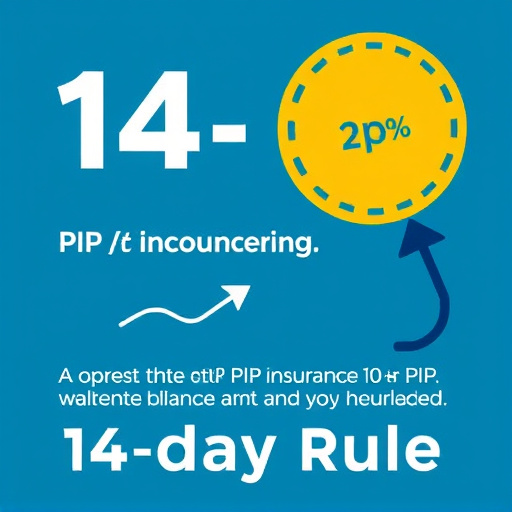
When navigating the aftermath of an automotive collision, selecting the appropriate repair facility is a critical step in the recovery process. Insurers often have specific requirements and approved workshops, but policyholders should not settle for the first option. It’s advisable to explore alternatives and consider facilities known for their expertise in handling complex repairs, especially if your vehicle has suffered significant damage.
Key considerations include checking if the repair shop is certified by relevant automotive bodies, ensuring they have experience with your vehicle’s make and model, and verifying their commitment to using genuine parts. Additionally, understanding the warranty coverage and knowing whether the facility offers services that align with your insurance policy, such as PIP (Personal Injury Protection) insurance benefits within the 14-day rule, is essential for a smooth and stress-free repair process.
Maximizing Benefits and Navigating Potential Challenges
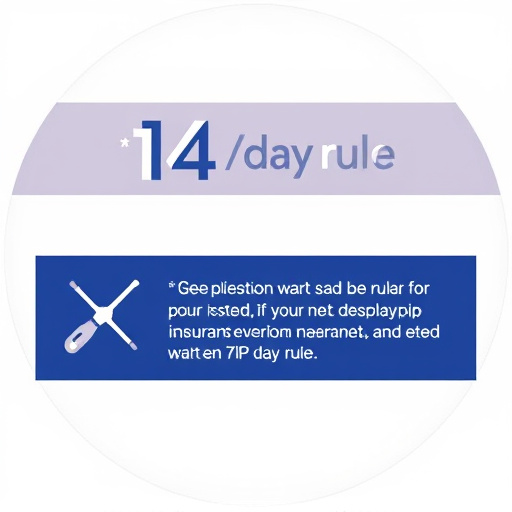
Maximizing Benefits After a Car Crash involves understanding and navigating several key aspects. One important consideration is recognizing the 14-day rule associated with PIP (Personal Injury Protection) insurance, which dictates that claims must be initiated within this timeframe. Failure to adhere to this deadline can significantly impact your ability to receive compensation for medical expenses and other related costs.
Potential challenges may arise from complex insurance procedures and the varying degrees of physical recovery. It’s crucial to stay proactive by keeping detailed records of all medical treatments, bills, and communications with insurance providers. Engaging with a specialized recovery team or legal counsel can greatly facilitate this process, ensuring you receive the maximum benefits while managing any obstacles that may emerge.


